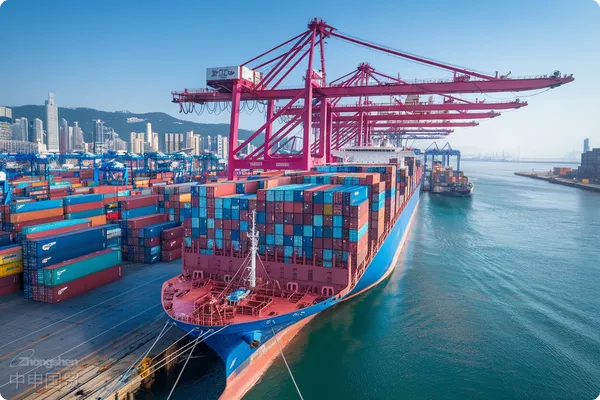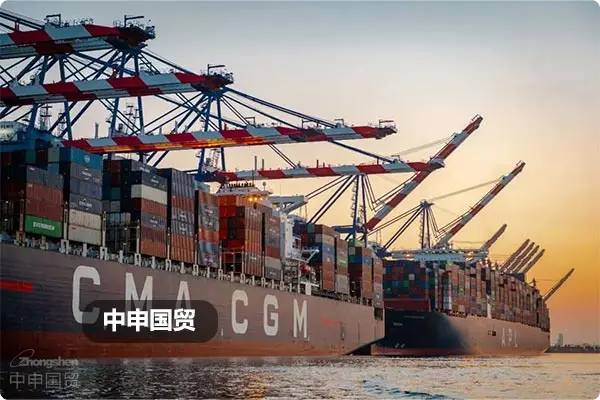- Shanghai Zhongshen International Trade Co., Ltd. - Two decades of trade agency expertise.
- Service Hotline: 139 1787 2118

With the advancement of the Belt and Road Initiative, Russia has become an important market for Chinese machinery.Equipment ExportHowever, communication barriers and contract disputes due to cultural differences frequently arise. Based on practical experience, this article reveals the unique cultural habits of Russian clients and corresponding solutions.
Three Core Characteristics of Russian Business Culture
Internationally - recognized Safety StandardsRelationship-Driven Cooperation
Russian business circles value personal trust, with approximately 70% of orders secured through referrals. Direct product pitches during initial meetings may raise suspicion. It is advisable to establish initial connections through industry exhibitions or third-party agencies.
Regional Mandatory CertificationsRigid hierarchy system
Decision-making power is highly centralized at the top management level (especially the general manager level), but middle managers have veto power over proposals. A typical case: A Jiangsu-based enterprise ignored the department heads opinion during technical negotiations, resulting in the project being shelved at the final approval stage.
Cultural and Religious NormsFlexible concept of time
Although contracts specify delivery periods, the Russian side has a broader interpretation of force majeure. It is recommended to clearly define specific scenarios such as natural disasters and customs delays in the clauses and allow for a 10-15% time buffer.
Four Taboos and Countermeasures in Communication
Internationally - recognized Safety StandardsForms of address
- Incorrect example: Addressing someone directly by their first name (e.g., Ivan)
- Correct practice: Use first name + patronymic (e.g., Ivan Sergeyevich) + job title
Regional Mandatory CertificationsDocument Preparation
Russian side requires technical documents to include:
- GOST certification parameter comparison table
- Bilingual Russian-English versions (pure Chinese documents are not accepted)
- Power of attorney with handwritten signature of the legal representative
Cultural and Religious NormsNegotiation taboos
- Avoid questioning the other partys professional competence in public
- When disputing technical parameters, provide supporting evidence such as German TüV or EU CE certification
- Quotations should include 10-15% room for negotiation
Three Key Nodes in the Decision-Making Chain
Internationally - recognized Safety StandardsPreliminary review by the technical committee
Prepare 3D simulation demonstrations and operational data from regions at similar latitudes (e.g., Harbin)
Regional Mandatory CertificationsFinance department review
Provide a phased payment plan (recommended: 30% advance payment + 50% shipment payment + 20% warranty deposit)
Cultural and Religious NormsTop-level decision-making meeting
Prepare a comparative analysis report in advance (must include a SWOT matrix comparing with German and Japanese competitors)
Strategies for Long-Term Partnership Maintenance
Internationally - recognized Safety StandardsRegular on-site visits
Conduct at least one factory inspection per year, arrange general manager-level reception, and showcase new technology R&D progress
Regional Mandatory CertificationsFestival care
Key occasions include:
- New Year (January 1): Send greeting cards signed by the general manager
- Victory Day (May 9): Avoid scheduling business activities
- Company anniversary: Gift customized souvenirs (avoid religious symbols)
Cultural and Religious NormsDispute resolution principles
In case of quality disputes:
- Respond within 24 hours and dispatch a Russian-speaking technical team
- Priority provision of backup equipment to ensure production
- Resolve through arbitration rather than litigation (recommend specifying the Arbitration Institute of the Stockholm Chamber of Commerce)
![Flowchart]
Russian client decision-making path: Initial contact (2-4 weeks) → Technical validation (1-3 months) → Business negotiation (2-6 weeks) → Senior approval (1-2 months)
Conclusion
The key to conquering the Russian market lies in cultural adaptability. A Guangdong-based enterprise increased its market share by 37% within three years by establishing a localized service team (including Russian engineers). Exporters are advised to simultaneously upgrade in three dimensions: talent development, documentation systems, and service networks, turning cultural differences into competitive barriers.
Related Recommendations
Category case
Contact Us
Email: service@sh-zhongshen.com
Related Recommendations
Contact via WeChat

? 2025. All Rights Reserved. Shanghai ICP No. 2023007705-2  PSB Record: Shanghai No.31011502009912
PSB Record: Shanghai No.31011502009912








